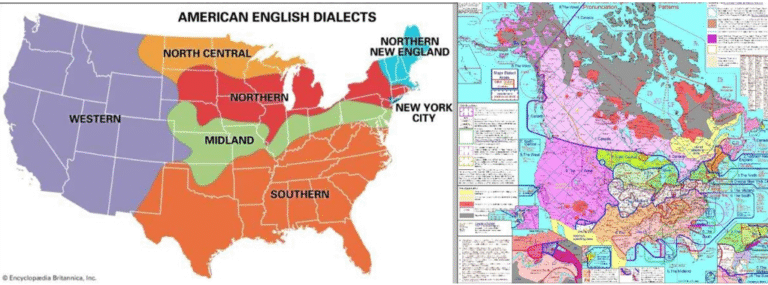
In today’s fast-paced world, love seems to be slipping further out of reach for many people in the United States. More and more Americans are finding themselves alone — not just without a spouse or partner, but without any meaningful connection they long for. Behind this trend lies a deep and emotional human story that touches issues of identity, gender, economy, and even cultural change.
According to a Pew Research Center report, nearly three in ten American adults are… single, and a significant portion of them are not even looking for a relationship anymore! Among young men aged 18–29, about 63% reported being single in 2022. That is a sharp contrast to previous generations. Many of these young people are not avoiding relationships — they simply can NOT find someone who wants to be with them.
This loneliness is not just a personal burden — it’s a social one. Romantic relationships often provide emotional support, motivation, and a sense of belonging. Without them, people report higher levels of anxiety, depression, and even physical health issues. The phenomenon has led to what some are calling an “epidemic of isolation”, “inceldom”, etc.
The Rise of the “Incel” Identity
Among the loneliest of all are the so-called incels, or “involuntary celibates.” These are mostly men who feel unable to find romantic or sexual partners despite wanting them. Some incels express their frustration in harmful ways, blaming women and/or society for their isolation. But the deeper truth is more complex and more human.
Many incels are deeply hurt individuals. They may have grown up in environments lacking emotional warmth, struggled with mental health, or faced constant rejection in a culture that increasingly values appearance, confidence, and wealth. While a small number of online communities turn toxic, the majority of incels are not violent — they are just desperate for love, acceptance, and dignity.
Treating all incels as dangerous or hateful only deepens their sense of alienation. Instead, mental health outreach and education are needed to offer healthier paths forward — for everyone. Why is this happening? Several factors are converging in modern America to make love harder to find. Social media and dating apps and even online games like “Honor of Kings” have changed how people meet. While they offer new possibilities, they also create unrealistic standards and foster a “shopping” mentality that makes it hard to connect deeply.
Economic insecurity plays a major role. Young men and women alike say that they delay or avoid relationships because they feel financially unstable. In a country where the cost of living rises faster than wages, love can feel like “a luxury.” Changing gender norms also contributes. Some men feel unsure about how to approach relationships in a world where traditional roles are shifting. At the same time, some women feel disappointed with emotionally unavailable or unambitious partners.
Mental health is another silent crisis. Social anxiety, depression, and low self-esteem can create invisible walls between people.
How Does the US Compare Globally?
The US is not alone in this trend — but it stands out in some ways. In Japan, a similar crisis has existed for decades. Many young Japanese adults remain single well into their 30s, often due to work stress and cultural expectations. The Japanese term “hikikomori” describes those who completely withdraw from society.
In South Korea, a sharp drop in marriages and births has alarmed the government, which is now offering subsidies to couples and parents. Many young Koreans cite sexism, unrealistic expectations, and intense economic pressure as reasons for staying single.
In contrast, Nordic countries like Sweden and Norway have high levels of single living, but not necessarily the same level of distress. There, strong social safety nets, openness about sexuality, and a more balanced approach to gender roles seem to reduce the emotional cost of being single.
The Way Forward
What can be done? There is no easy answer, but there is hope. Experts suggest several ways forward:
– Normalize vulnerability. Encouraging people — especially men — to talk about emotions and seek support is key.
– Rethink dating culture. Moving away from superficial, app-based swiping and encouraging more organic social interaction could help.
– Focus on emotional education. Teaching young people how to form healthy, respectful, and emotionally rich relationships should be part of every school curriculum.
– Bridge the empathy gap. Rather than mocking or dismissing the lonely, society should recognize that love is a basic human need, not just “a privilege” for the lucky few.
In the end, this crisis is about more than just relationships. It is about how we build community, how we value each other, and how we choose to live together. Every lonely person out there is someone’s child, maybe also someone’s friend; someone with dreams and fears like the rest of us.
Love may be harder to find today — but it is not completely extinct. It begins with empathy and hope.
https://en.m.wikipedia.org/wiki/Incel
https://smartasset.com/data-studies/single-married-2025
https://www.deseret.com/lifestyle/2024/09/18/covid-pandemic-dating-apps-single-lonely







